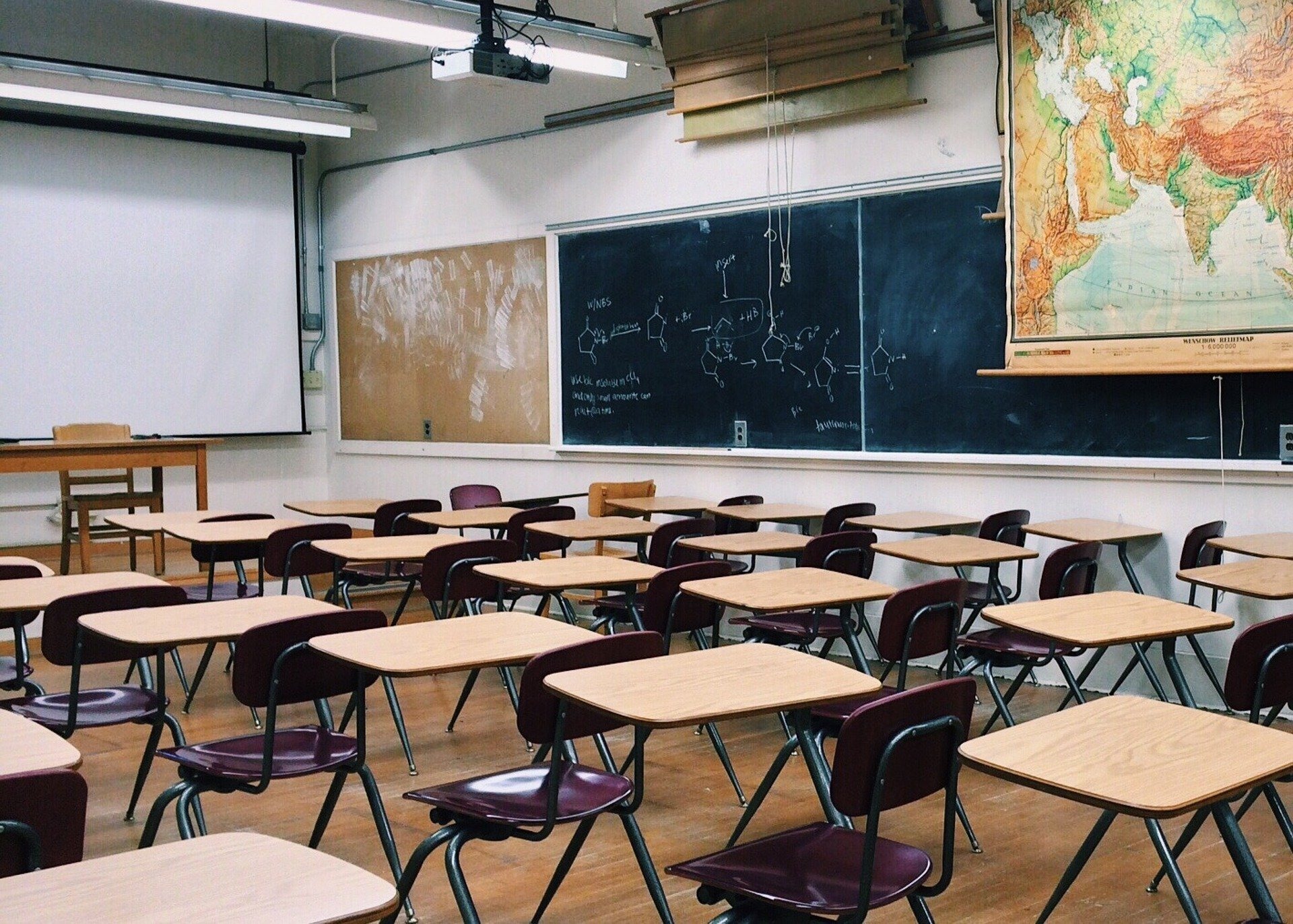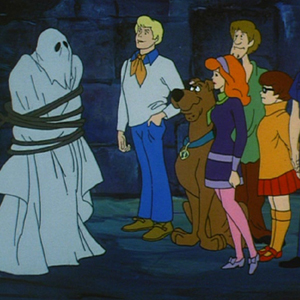
This article is a preview from the Summer 2020 edition of New Humanist
May to June is usually the climbing season. But not this year. The mountain ranges we approach throughout our childhoods, and which we are trained to tackle at 16 and again at 18, have suddenly vanished. Teenagers have long been told by parents and teachers that these trials define our futures. But now that GCSE and A-level exams have been cancelled, what does it mean for two entire year groups of young adults, who find themselves suddenly without a formal ending to their schooldays?
In the past two decades, British schools and students have eagerly adopted the graduation prom – with grand dresses and suits, costly professional hair and makeup, and even limousines. It’s easy to focus on the extravagance of a tradition copied from American TV and films, but that is to miss the power of what it represents.“We have very few secular rites of passage any more in our culture,” says award-winning poet Andrew McMillan, whose work has often explored young men’s sense of identity.
It is not just GCSE and A-level students who are missing out on a conclusion – final-year degree students are also facing the prospect of delays or cancellations to their assessments. As a senior lecturer at Manchester Metropolitan University, McMillan is very aware of what the graduation ceremony means to students – and to their parents. “It’s that celebration and relief after three years of trying incredibly hard and struggling. At a university like mine a lot are first in the family [to attend] and carried that weight with them as well.”
Simon Armitage is probably one of the most familiar and best-loved contemporary poets on the school curriculum. While genuinely sympathetic to the impact of the cancellations of these important rituals of celebration, he told me he would advise young people to embrace the liberation of their situation.
“If someone had said to me at 16, ‘You don’t have to go back to school to do your exams,’ I would have jumped for joy and the teachers probably would have as well. My guess is that you know the track for learning has already been set, and I would advise anybody to follow their interests,” says Armitage. “I had the greatest learning period of my life in that summer between the end of school and going off to college. So I wouldn’t see school as the be-all and end-all of education. I would try and be optimistic and self-reliant.”
McMillan remembers graduating in the aftermath of the 2008 recession. A decade on, and the prospect is an even gloomier economic climate. And in Britain’s divided school system, there are legitimate anxieties about pushy parents and private schools playing strategic games to up their students’ grade assessments. Of course, for many adolescents bad mocks were the wake-up call that would change everything in the real exams. Now, they won’t get to take those exams.
My gut feeling is that the class of 2020 will wear a symbolic badge of honour, as that cohort who came through a pandemic. When people were dying, when the health of our loved ones was so precious, exams seemed so insignificant – because they were.
Could it be that an ideological dismantling of education theory – as is happening with economic theory – would be to their benefit? McMillan points to the creativity put into online classes and home-schooling – alternatives which arguably show up the futility of Michael Gove’s push for all-or-nothing final-year exams in place of long-term assessments. “It is liberating, in that everything we were told is important was not. It turns out all along it could have been done by coursework or other kinds of project.”
There’s no denying that many young adults are carrying huge mental stresses from the current uncertainty and confinement. But how heartwarming it was to see sixth formers nationwide scramble to set up last-minute leavers’ assemblies and teachers’ gifts, not knowing when they’ll meet again.
The Friday that UK schools closed, I watched the film Booksmart, about two diligent American high school leavers who embark on a last night of partying, determined to make up for all the fun they never had. It was a bittersweet watch. But it captured the unique power of youth: their resilience; the knowledge that whatever they’re going through right now, there is the open potential of a whole lifetime ahead to do things a different way. And this generation of 18-year-olds, I hope, unlike their predecessors, will have a healthy scepticism about the claims and threats of authority figures about the value of grades.

